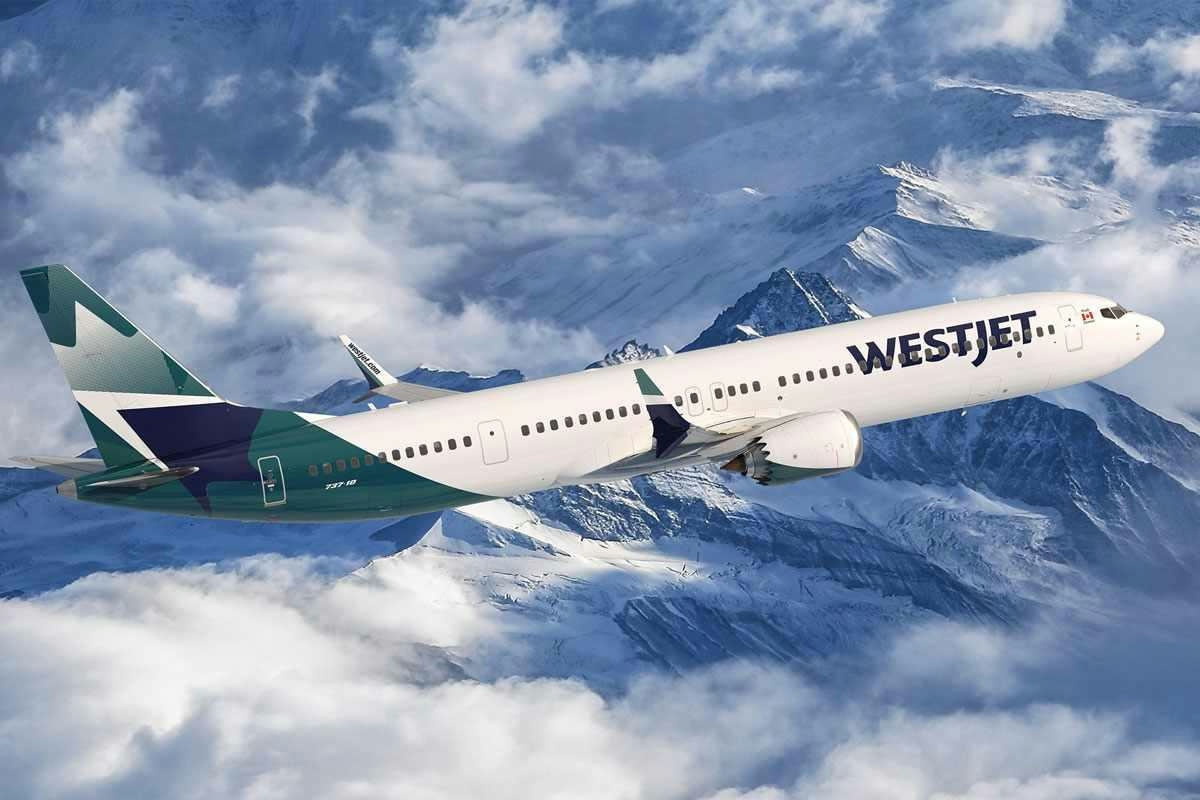AeroGenie — Ihr intelligenter Copilot.
Trends
Categories
Certification of B737-7 and B737-10 Delayed Until 2026

Certification of Boeing B737-7 and B737-10 Delayed Until 2026
Prolonged Certification Timeline
The certification of Boeing’s B737-7 and B737-10 aircraft by the US Federal Aviation Administration (FAA) is now anticipated to be delayed until the first quarter of 2026. This development was confirmed by Southwest Airlines CEO Bob Jordan and reported by The Air Current. The delay represents a significant setback, particularly for the B737-7, whose certification timeline has been extended by nearly seven years beyond initial projections. The primary cause of this postponement is ongoing technical challenges, with the aircraft’s engine anti-ice (EAI) system identified as the most critical issue.
Boeing has encountered considerable difficulties in finalizing a design that adequately addresses safety concerns related to the EAI system. The complexity of resolving these issues has exceeded initial expectations. In response, Boeing has assured both Congress and the FAA that it will rectify these problems prior to any aircraft deliveries. A company statement to ch-aviation emphasized that a technical solution involving design updates is being developed and that these modifications will be incorporated into the baseline certification for both the B737-7 and B737-10. Boeing also indicated that a comprehensive analysis will soon be submitted to regulatory authorities.
Regulatory Scrutiny and Market Impact
The delays occur against a backdrop of intensified scrutiny of Boeing and the FAA following the two fatal 737 MAX crashes in 2018 and 2019. These tragedies have prompted more stringent certification procedures, which have further extended the timeline for the new 737 variants. Additionally, the reliance on legacy technology within the 737 family has constrained airlines’ ability to swiftly adapt to evolving regulatory requirements and market conditions.
The protracted certification process has had tangible repercussions in the market. Investor confidence in Boeing has been shaken, reflected in downward pressure on the company’s stock price as certification deadlines have slipped. Airlines awaiting the new models are also adjusting their plans accordingly. Southwest Airlines, the largest customer for the B737-7, has revised its fleet strategy and now anticipates receiving its first aircraft in 2026. According to ch-aviation data, Southwest has placed orders for 295 B737-7s, while other customers such as Luxair, Ruili Airlines, and SkyUp Airlines account for a total of 326 aircraft on order, with 22 units yet to be assigned.
For the larger B737-10, Boeing has secured 1,271 orders. Key customers include United Airlines with 165 aircraft on order, Ryanair with 150, and American Airlines with 115. Ryanair has recently reaffirmed its commitment to the order, expecting delivery of the first 15 aircraft in spring 2027.
Boeing had initially targeted the end of 2025 for the first delivery of the B737-7. However, the combination of technical and regulatory challenges has rendered this goal unattainable. The FAA has not yet issued a statement regarding the updated certification timeline.

Emirates Unveils Cabin Design for New Boeing 777X

Eighteen Years On, the Airbus A380 Remains Central to a $34 Billion Airline

How a boom in luxury airline seats is slowing down jet deliveries

Navitaire Outage Attributed to Planned Maintenance

DigiYatra Debuts Outside Aviation at India AI Impact Summit

Vietnam Orders Strengthen Boeing’s Commercial Outlook

Airbus Signals Uncertainty Over Future A400M Orders

JobsOhio Awards $2 Million Grant to Hartzell Propeller for Innovation Center

Collins Aerospace Tests Sidekick Autonomy Software on YFQ-42A for U.S. Air Force CCA Program

How the Airbus A350-1000 Compares to the Boeing 777
